Industrial Egg incubator (1056 eggs)is properly designed for easy operation and flexibility of use for various species of birds. It can be adjusted to adequately incubate chicken, turkey, quail, duck and geese’s eggs. The 1560 egg capacity incubator is recommended for farmers with up to 130 laying breeders. Our incubators are unique and simple in design. It can run on gas temporarily whenever there is a power failure. This is the ideal egg incubator for someone who wants to incubate eggs on a larger scale. It is easy to use, fully-automatic and requires no special skills to operate. Temperature is automatically regulated by the digital heat controller. It’s the ideal incubator to start with!
Generally, incubators can hatch more eggs at a time and is a lot more reliable than the hen. If you let the hen hatch eggs then she will stop laying eggs for the time that she sits on the eggs and rear her offspring. This means that you are losing many potential chicks that you could’ve hatched in the incubator. A hen can hatch about 20 to 30 chicks per year. If you use the same hen to rather lay eggs and hatch in our incubator, you can get up to 300 chicks per year from the same hen! That’s a 1000% increase in efficiency!
There are four basic factors that are really important when you are incubating eggs. They are temperature, humidity, ventilation and turning. Temperature is the most critical factor among these four. That’s why there is a need to provide alternative ways of regulating the incubator temperature using electricity + kerosene or gas with solar, which is optional.
Incubator setter
For the first 18 days of the eggs incubation period eggs must be placed in the setter (This is for chicken eggs, other egg types have other setting periods). Eggs are turned by the incubator every hour in the setter. After the setting period eggs are physically moved to the hatcher, where they will hatch on day 21/22.
Incubator Hatcher
The hatcher is the part of the incubator where the eggs lay still for the last 3 days the incubation cycle (In the case of chickens eggs). Generally, the humidity and airflow are slightly higher at this part of the incubator due to the fact that eggs require a higher humidity towards the hatching phase. The hatcher creates a stable environment for the eggs to hatch in. No turning of the eggs happens during this phase, as the chick inside the eggs aligns itself so that it can peck its way out of the shell.
Our incubators have been designed with unique hatching crates that allow for maximum airflow and humidity in this part of the incubator. Our hatching baskets are manufactured from high-density materials in order to preserve its durability.
Features of industrial Egg incubator
- This product features a fully digital incubation temperature control.
- Digital incubation temperature and humidity display.
- It has a automatic Egg turning.
- Industrial Egg incubator (1056 eggs) comes with egg trays for chickens.
- Extra large clear view observation window.
- This egg incubator is made of ultra durable materials.
- Opti-Flow™ specialized high volume incubator fan.
- Maxi-Heat™ energy saving incubator heating system.
- Incubator can retain heat for 2 to 3 hours after power outage.
- Ultra Hygienic inner coating for better hatch rates.
- Full Incubation Instructions Included.
What an industrial egg incubator is used for
- They are used in keeping the fertilized egg of chickens warm until they are ready to hatch.
- By using an incubator, you can start your hatching season earlier than nature would typically allow.
- By incubating your eggs rather than allowing a hen to sit, you are able to keep your hens laying and get greater production overall.
- Many breeders simply enjoy the process of hatching eggs. Often, this is used as an education tool for children, and many schools have integrated chick incubation projects into their classrooms.
- By collecting all eggs daily, and carefully selecting the eggs you want to hatch, you can have better control over how many hatch-lings you ultimately have, and can typically get much higher hatch rates due to your ability to control the environment, specifically the turning intervals, temperature, and humidity during incubation and hatching.
Cleaning of an idustrial egg incubator (1056 eggs)
- Change the incubator water (not just refill it, but empty and add fresh, sterile, distilled water) at least every other week.
- If any room air vents are blowing onto the incubator, redirect the air if possible, as air conditioning ducts can contain mold.
- Check the incubator once per week and discard unused cultures.
- Clean the incubator one to two times per month (depending on the number of users). It is not necessary to autoclave everything; spray or wipe down the incubator with 70% ethanol, especially the water pan (do not spray ethanol on sensors). Allow to air dry.
- Remove anything stored on top of the incubator and clean the top of the unit every two weeks to remove dust. Wipe down the doors and handles with 70% ethanol.
- Clean all spills immediately.
Read more about other types of egg incubators Here

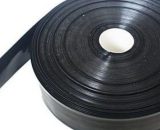
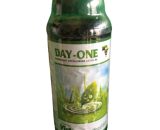


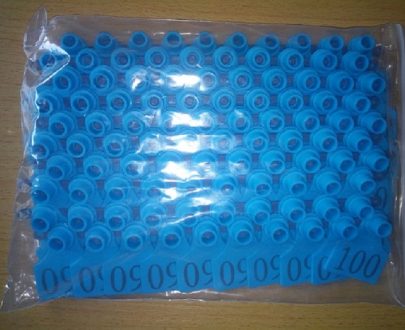
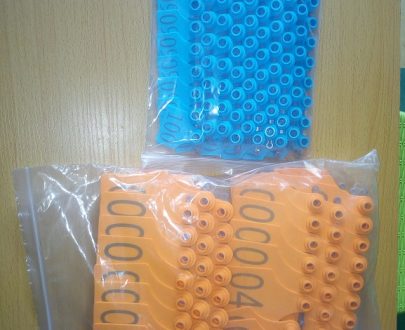
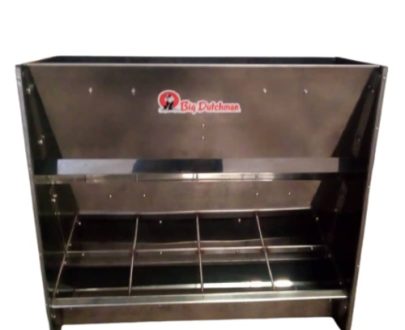
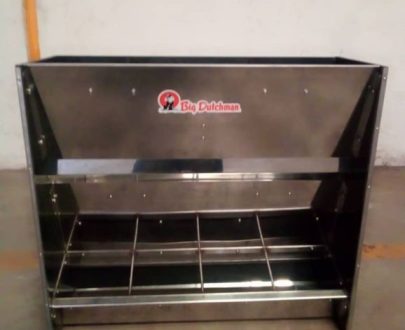
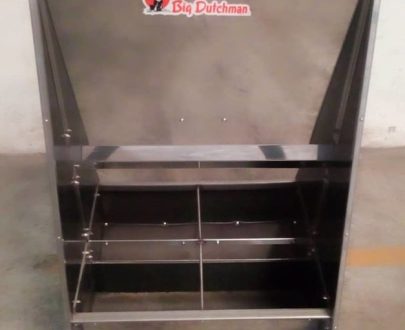
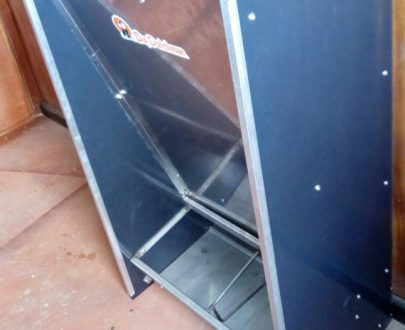
Customer reviews
Reviews
There are no reviews yet.
Only logged in customers who have purchased this product may leave a review.